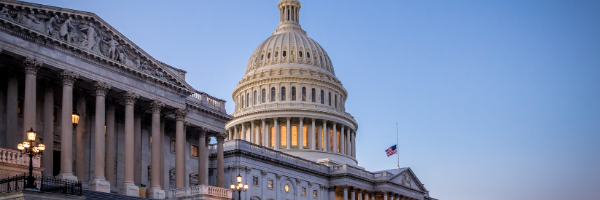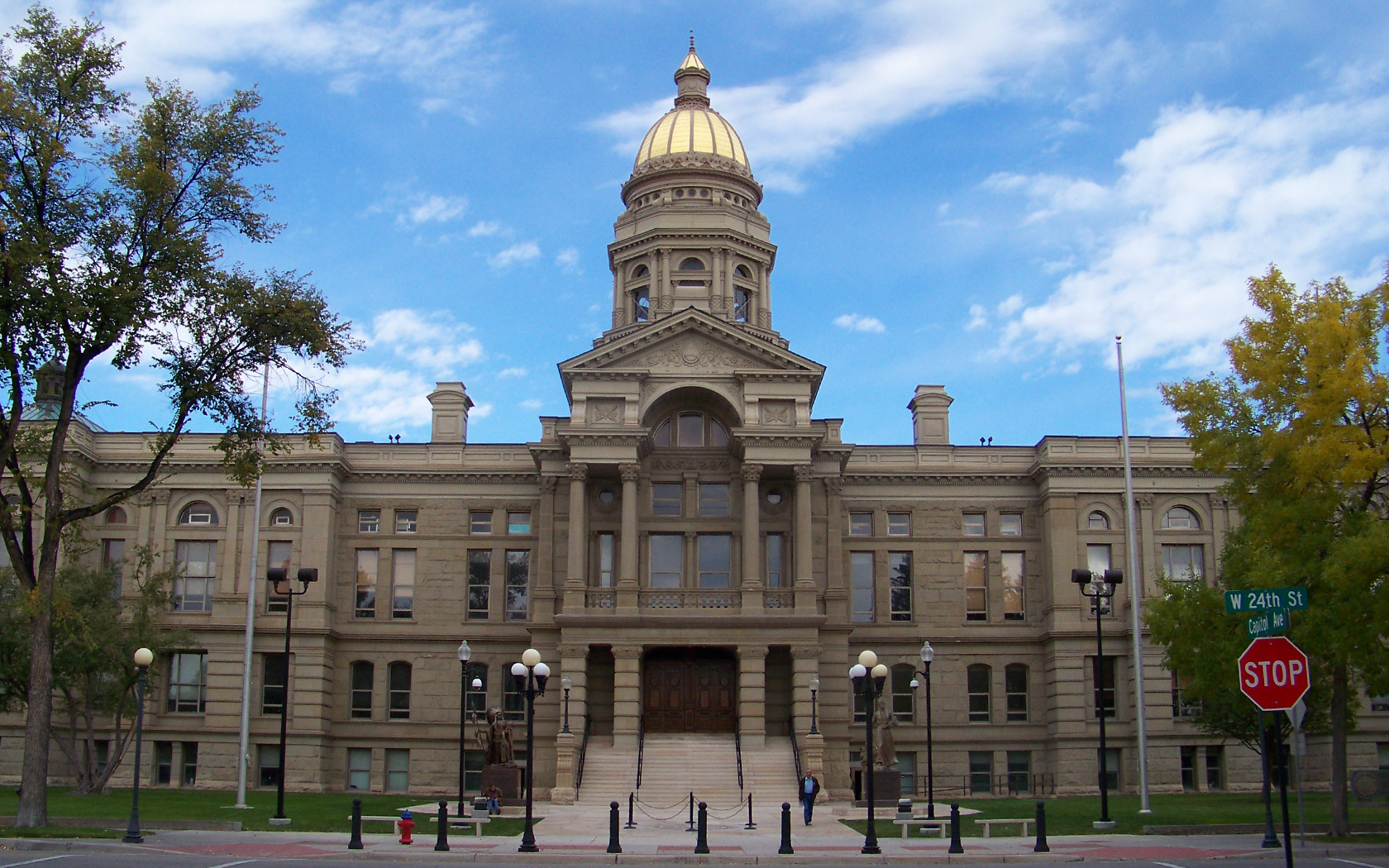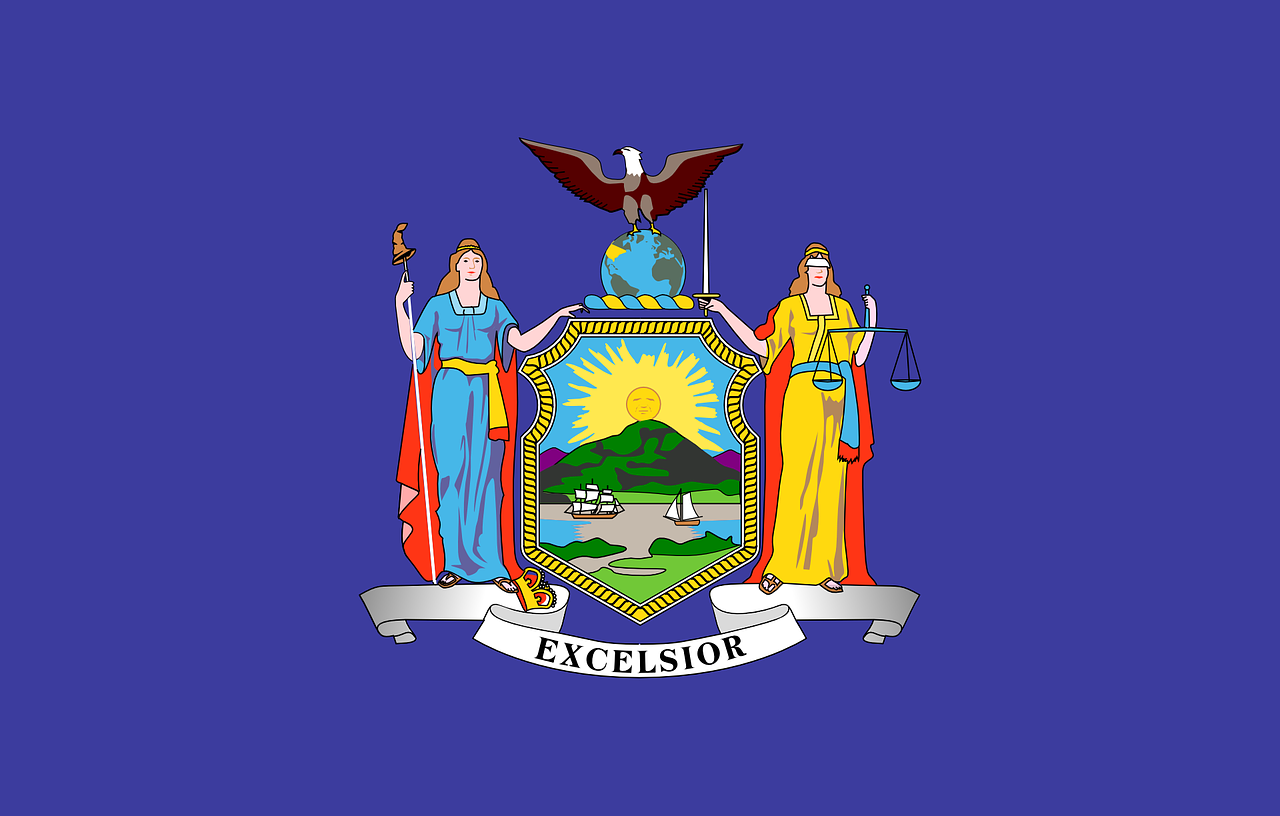Tag: Congressional election
-
Eli Crane wins Republican primary for Arizona’s 2nd Congressional District

Eli Crane defeated six other candidates in the Republican primary for Arizona’s 2nd Congressional District on Aug. 2. With 72% of the expected vote counted, Crane had received 34% of the vote, Walter Blackman had received 24%, and Mark DeLuzio had received 18%. Heading into the primary, Crane and Blackman led in endorsements and individual…
-
Rep. Rashida Tlaib wins Democratic primary in Michigan’s 12th

Rashida Tlaib defeated Kelly Garrett, Shanelle Jackson, and Janice Winfrey in the Democratic primary for Michigan’s 12th Congressional District on August 2, 2022. Based on unofficial returns, Tlaib received 64.4% of the vote, while Winfrey came in second with 20.1%. Tlaib, the representative for Michigan’s 13th Congressional District, ran in the 12th District due to…
-
Sean Maloney and Alessandra Biaggi running in New York’s 17th Congressional District Democratic primary

Sean Maloney and Alessandra Biaggi are running in the Democratic Party primary for New York’s 17th Congressional District on Aug. 23, 2022. Mondaire Jones (D) has represented the 17th Congressional District since 2021 but is running in New York’s 10th Congressional District this election cycle. Maloney has represented New York’s 18th Congressional District since 2013…
-
All Connecticut U.S. House incumbents file to run for re-election

The filing deadline for candidates running for Congress in Connecticut this year was June 7, 2022. Eleven candidates are running for Connecticut’s five U.S. House districts, including five Democrats and six Republicans. That’s 2.2 candidates per district, down from 2.6 in 2020 and 2018. Here are some other highlights from this year’s filings: This is…
-
Cheney, Bouchard, and Hageman run in Republican primary for Wyoming’s At-Large District

Incumbent Liz Cheney, Anthony Bouchard, Harriet Hageman, and two others are running in the Republican primary for Wyoming’s At-large Congressional District on August 16, 2022. According to the Federal Election Commission (FEC), Cheney, who was first elected to represent this district in 2016, Bouchard, and Hageman lead the primary field in fundraising heading into the…
-
New York’s 23rd Congressional District Republican primary features former gubernatorial nominee, state party chairman

Nicholas A. Langworthy and Carl Paladino are running in New York’s 23rd Congressional District Republican primary on August 23, 2022. Incumbent Rep. Christopher Jacobs (R) withdrew from the primary on June 3. Spectrum News 1’s Ryan Whalen wrote, “The election opened up […] when Rep. Chris Jacobs dropped out of the race. Jacobs faced immense pressure from…
-
Previewing U.S. Senate general elections

Elections to the United States Senate will be held on November 8, 2022. Thirty-four of the 100 seats are up for regular election. Those elected to the U.S. Senate in the 34 regular elections will begin six-year terms on January 3, 2023. Two special elections are also scheduled for November 8. One special election will…
-
Oklahoma sees no contested Democratic U.S. House primaries for the first time since at least 2014

The filing deadline for candidates running for Congress in Oklahoma this year was April 14, 2022. Twenty-eight candidates are running for Oklahoma’s five U.S. House districts, including five Democrats and 23 Republicans. That’s 5.6 candidates per district, more than the 5.4 candidates per district in 2020 and less than the 7.2 in 2018. Here are…
-
The first-ever top-four congressional primary is on June 11 in Alaska

A special election for Alaska’s At-Large Congressional District in the U.S. House will take place in 2022. Former incumbent Rep. Don Young (R) died on March 18, 2022. A top-four special primary is on June 11, 2022. This is the first top-four congressional primary in U.S. history. All candidates will appear on the same ballot with their…
-
Cuellar leads in TX-28 runoff by fewer than 200 votes based on unofficial returns; recount possible

Incumbent Henry Cuellar and Jessica Cisneros ran in the Democratic primary runoff for Texas’ 28th Congressional District on May 24. The race remained too close to call at 9:00 a.m. EDT on May 25, 2022. Cuellar led with 50.2% of the vote. Under state law, candidates may request a recount if the margin of victory…

